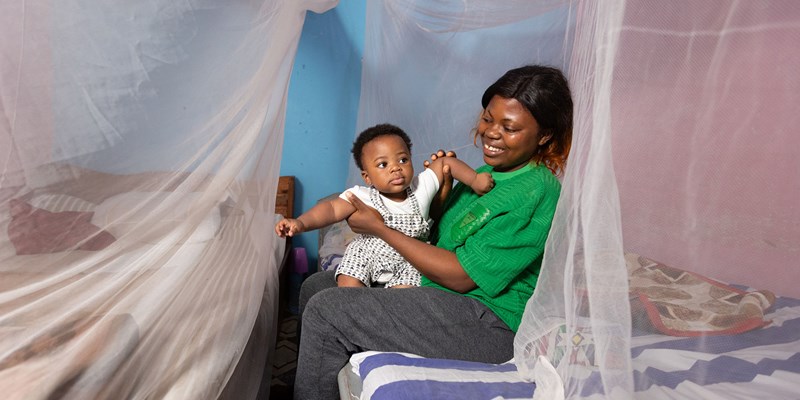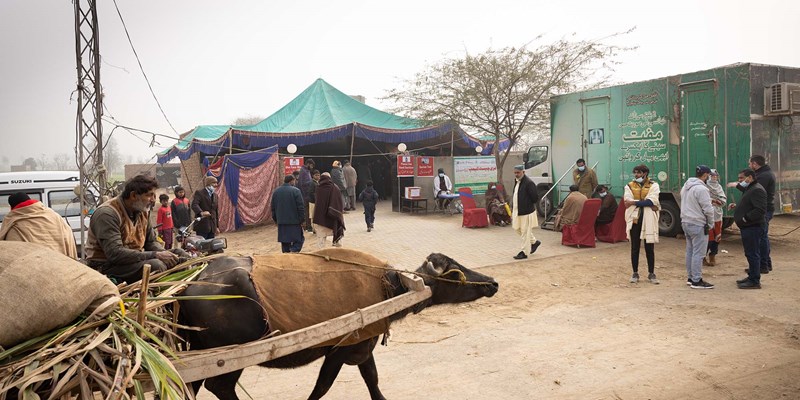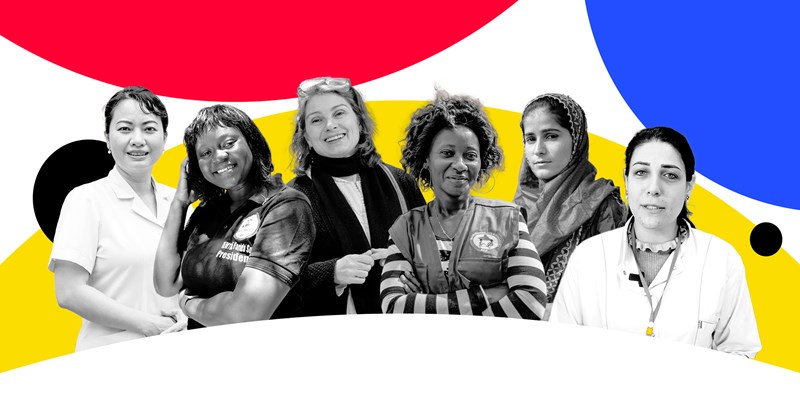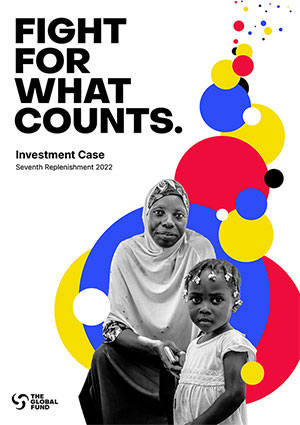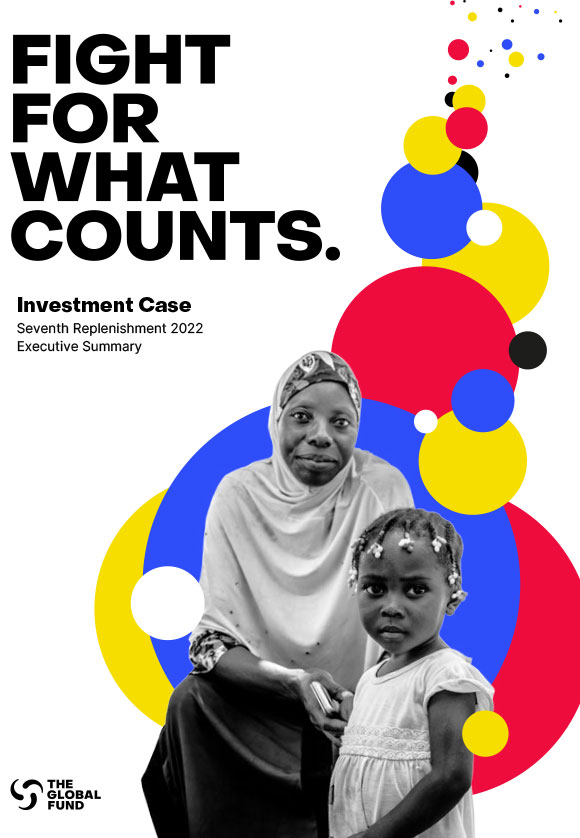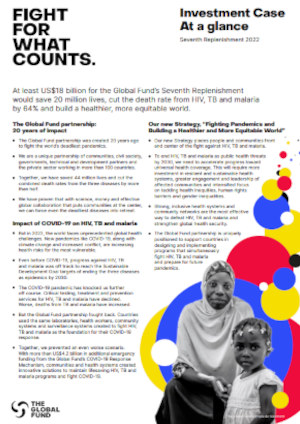Global Fund Transformation to Simplify Procedures for Grant Administration
02 April 2012
Board Members Welcome Changes
Geneva – The Global Fund to Fight AIDS, Tuberculosis and Malaria has announced a transformation of its grant administration with simpler procedures that make it easier to access funding and facilitates operations in the field. Board members from implementing and donor countries welcomed these and other changes to strengthen risk management.
“We want a flexible Global Fund with simple procedures and not too much paperwork to ensure that grant money is being used well to save lives,” said Mphu Ramatlapeng, the Global Fund’s Vice Chair, who is Health Minister of Lesotho. “We are confident that the major changes under way will achieve this goal.”
“Significant changes to strengthen grant management and improve efficiency are reshaping the Global Fund as part of a broad transformation to raise overall effectiveness,” said Gabriel Jaramillo, General Manager of the Global Fund, at a one-day retreat attended by Board members last week.
“We are building a system that starts and ends with impeccable grant management,” Mr. Jaramillo said. “What we do best is invest the world’s money to save lives, and this transformation will enable us to do it even better. It will strengthen our partnership with the implementers who are on the front line of the fight against the diseases.”
From 1 April, a revitalized Global Fund made a 33 per cent increase in staff positions in the Grant Management Division, and a 38 per cent reduction in other departments, as part of a stronger emphasis on managing the grants that fund disease prevention and treatment.
Mr. Jaramillo said that the new organization will make it simpler and speedier for countries to apply for grants. It will also improve on-the-ground oversight and management of grants so that implementation by partners is more efficient.
Board members welcomed the swift introduction of reforms and the strong focus in the new structure on managing risk.
“We appreciate the speed with which the Global Fund is enacting reforms to achieve optimal quality in grant management and improved mechanisms to manage risks. We expect that the momentum of change will result in effective and sustainable impact at country level in the near future,” said Reinhard Tittel-Gronefeld, a Board member representing Germany, Switzerland and Canada.
France’s Board member, Mireille Guigaz, said the Global Fund needs to get back to allowing countries to scale-up treatment and prevention programs and should not wait until the next donor replenishment cycle begins in 2014 to do so. “The Global Fund is back and that is very important for us,” she said.
Japan announced in January it would contribute US $340 million in 2012 and paid a first installment of US$ 216 million earlier this month. Germany, which last year suspended contributions to the Global Fund, recently made the first quarterly EUR 50 million payment of a EUR 200 million contribution this year.
“These reforms are putting the Global Fund on a firm footing to save more lives and to deliver on our new strategy of engaging more effectively with our partners at country level,” said the Board Chair, Simon Bland.
